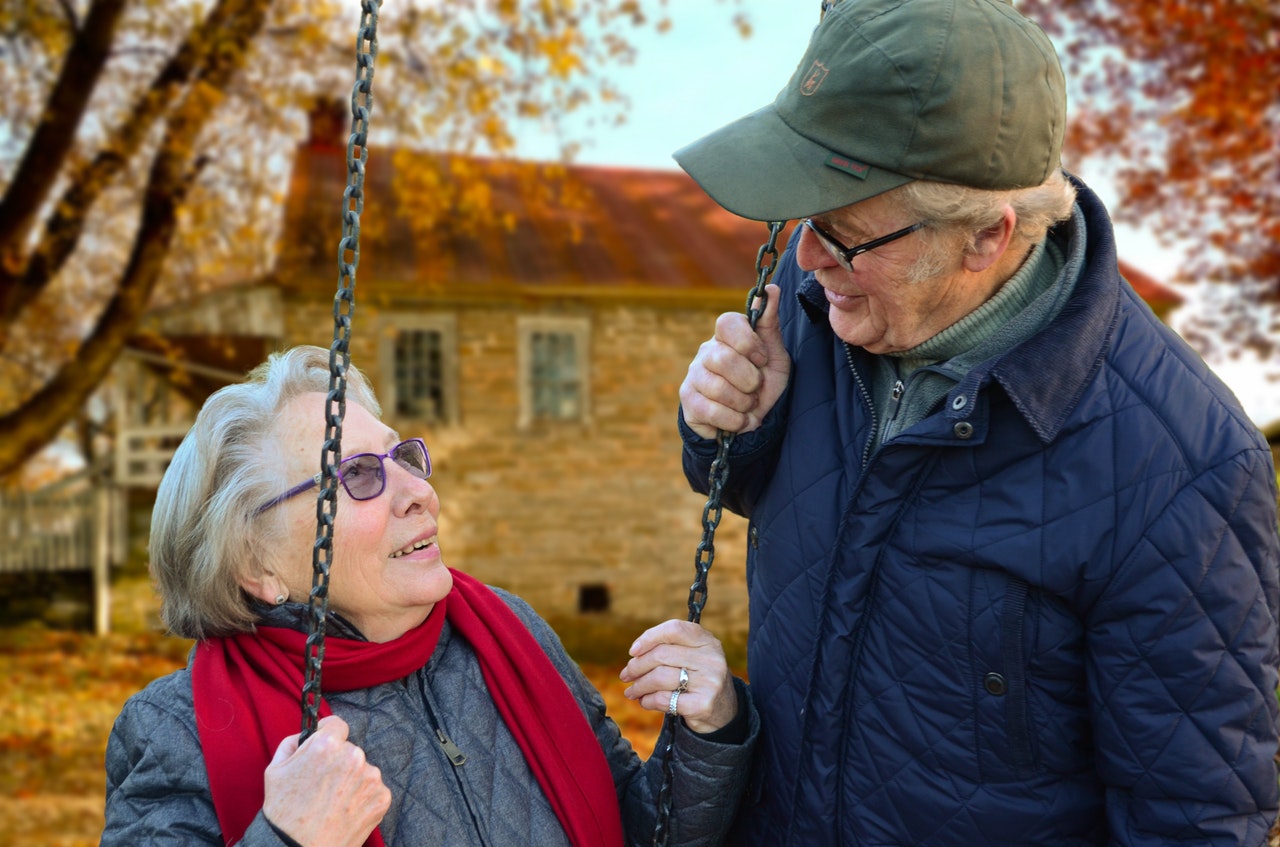Coronavirus Information for Seniors
Wash Your Hands Often and Avoid Touching Your Face
The first and most important step is being diligent about washing your hands and touching your face, especially your eyes, nose, and mouth. This applies to all age groups.
While out of the house, it is very important to not touch your face, your phone, or eat anything until you have washed or sanitized your hands with at least 60% alcohol hand sanitizer. Avoid “high-touch” surfaces like elevator buttons, bus poles, handrails, etc. wherever possible. If you used your phone while out of the home before washing your hands, you should clean it off with a disinfecting wipe before continuing use at home.
Immediately when you arrive home, wash your hands. The proper way to wash your hands is to first wet your hands with clean water. Then lather them with soap on the front, back, between your fingers, and under your nails. Scrub your hands for at least 20 seconds – you can hum “Happy Birthday” from start to finish twice as a timer. Rinse your hands thoroughly and then dry with a paper towel or clean towel.
The CDC provides a helpful guide for proper hand washing: https://www.cdc.gov/handwashing/when-how-handwashing.html
Stay Home If You Feel Unwell
In terms of the community, it is important that those who do not feel well stay home. If you develop flu-like symptoms, you must seek medical attention to be tested for the novel coronavirus. There are currently no at-home test kits.
If you have recently travelled, it is important to limit physical contact with others for an incubation period of 2-14 days, even if you are feeling fine. It is possible to be an asymptomatic carrier, meaning that you show no symptoms of illness but can still pass on the virus. (Source)
Begin Preparations Incase of an Outbreak in Your Community
Seniors and people with severe chronic medical conditions are in the high-risk group for contracting COVID-19. Therefore, it is incredibly important that these groups are diligent about preparing for the risk. For high-risk individuals, preparations should begin now.
As a precaution, those in the high-risk group should begin stocking up on everyday supplies like medications and food in case of an outbreak where they would have to remain in the home. They should clean their hands often, avoid close contact with strangers or any sick people, avoid crowds, and stay home whenever possible. Regular doctor appointments should be postponed, and visits to long-term care facilities should be cancelled. If a vulnerable individual is living in a long-term care home and someone in the facility becomes sick, common areas should be avoided and meals should be taken in their rooms.
For more information visit coronavirus.dc.gov.
Remember, seniors at a higher risk of getting very sick from Coronavirus, please do all you can to stay healthy during this time.
- Stay home as much as possible to reduce your risk of being exposed.
- Avoid crowds as much as possible.
- Stock up on supplies.
- Stock up on prescription and OTC medicine.
- Keep space between yourself and others – when in public try for a 6 foot radius.
- Wash your hands many times a day.

